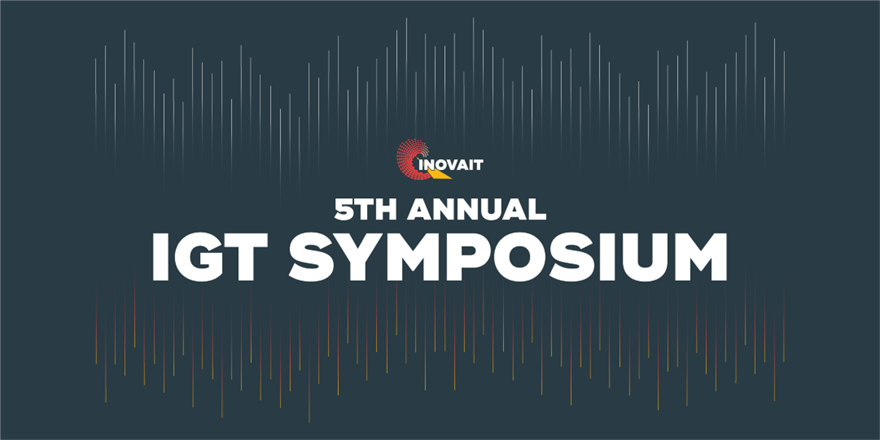Upcoming IGT Symposium
https://malmic.ca/wp-content/uploads/2024/04/IGT_symposium.png 880 440 MaLMIC - Machine Learning in Medical Imaging Consortium MaLMIC - Machine Learning in Medical Imaging Consortium https://malmic.ca/wp-content/uploads/2024/04/IGT_symposium.pngThe image-guided therapeutics (IGT) Symposium is a scientific conference that brings together scholars from the clinical and research communities who are interested in emerging diagnostic and therapeutic health technologies. The conference is a great opportunity to learn about current research and latest advances within the field of biomedical and diagnostic imaging, artificial intelligence, and image-guided therapeutics.


